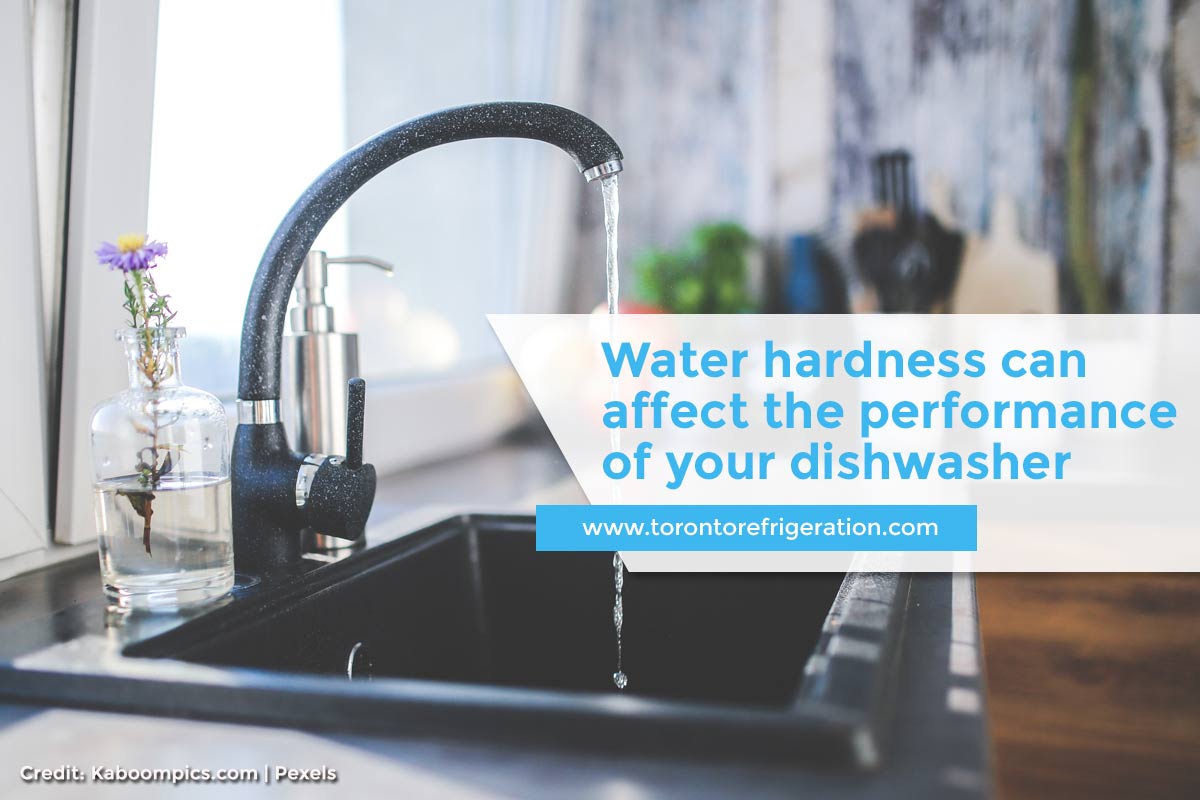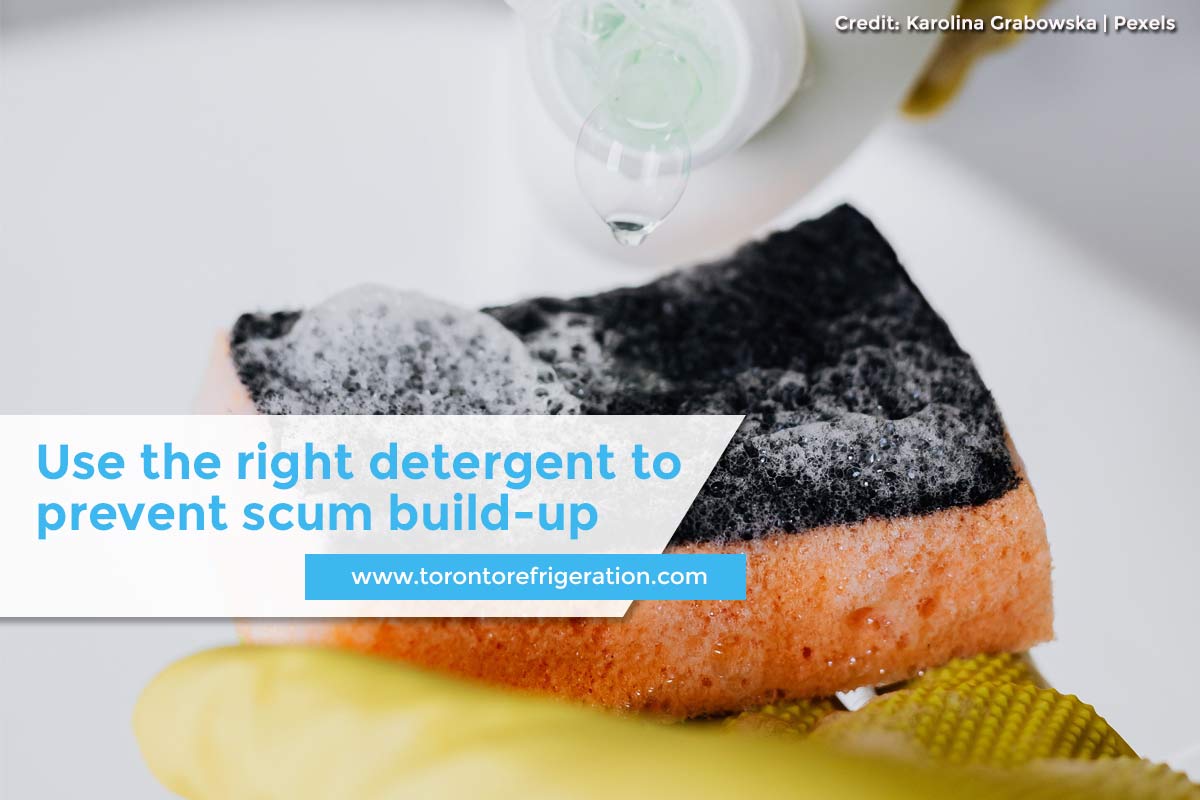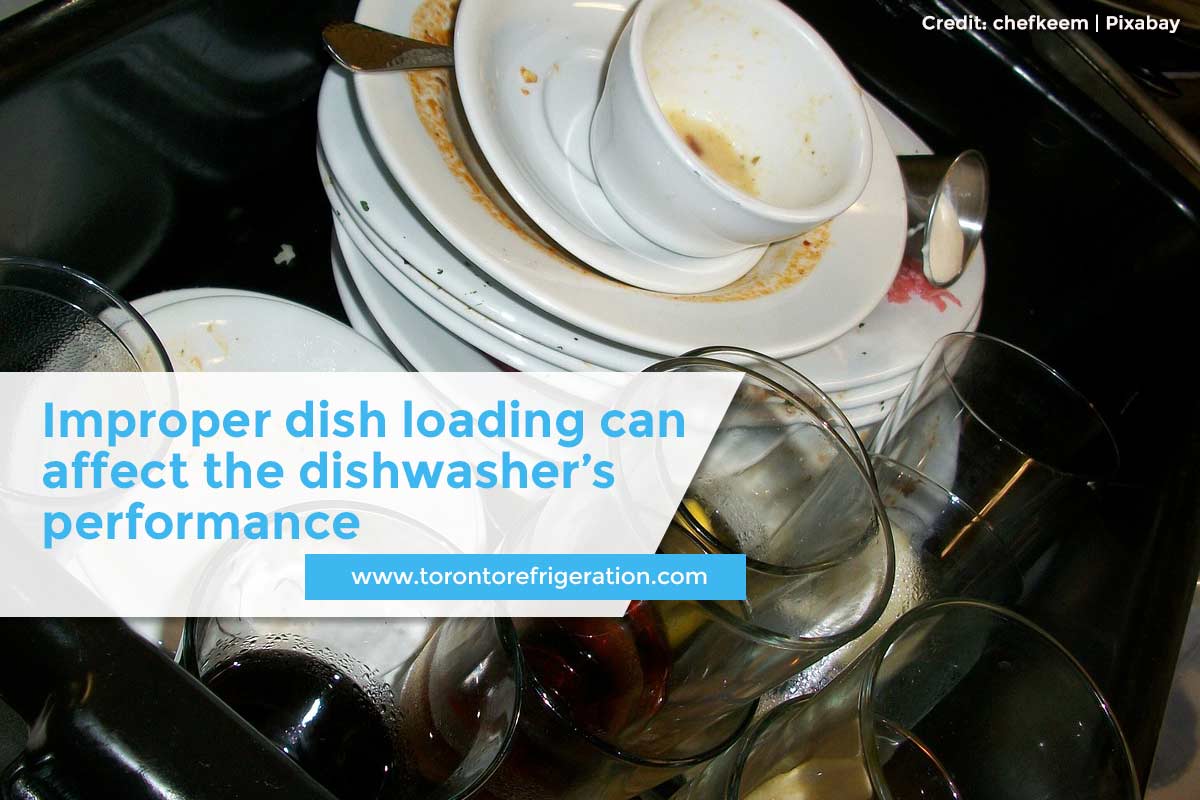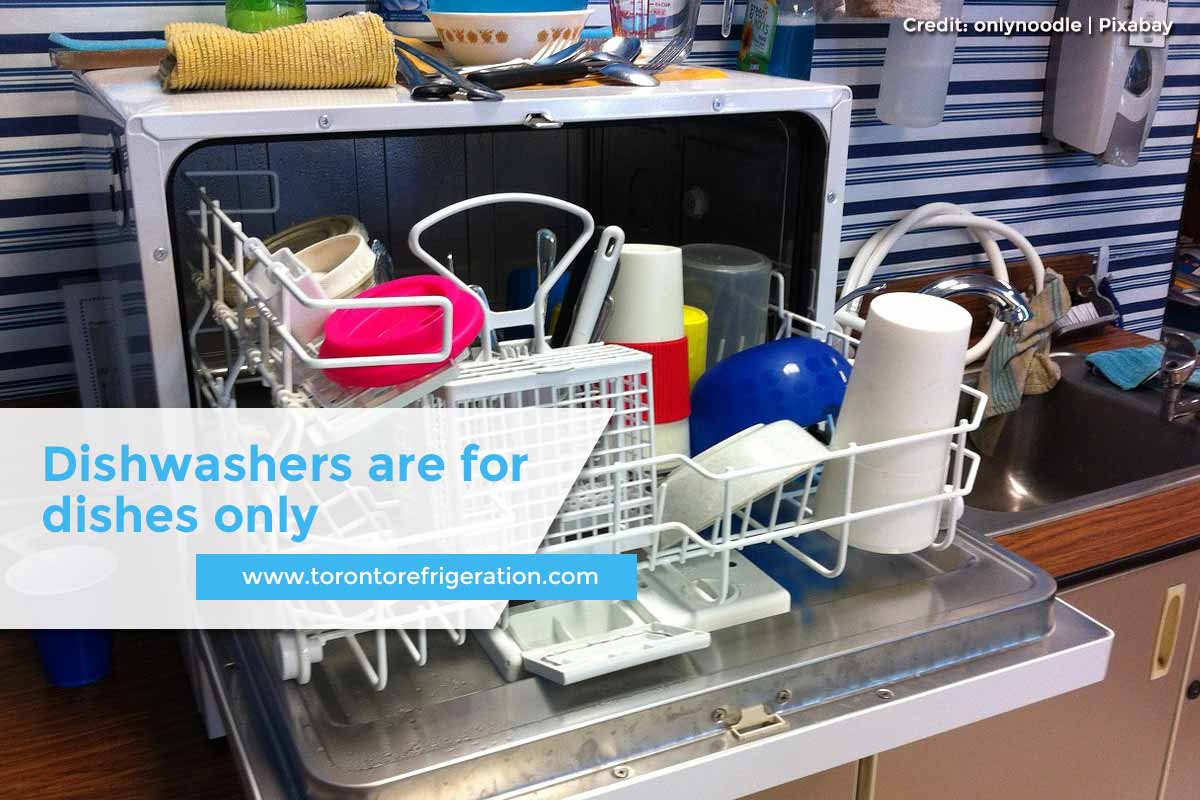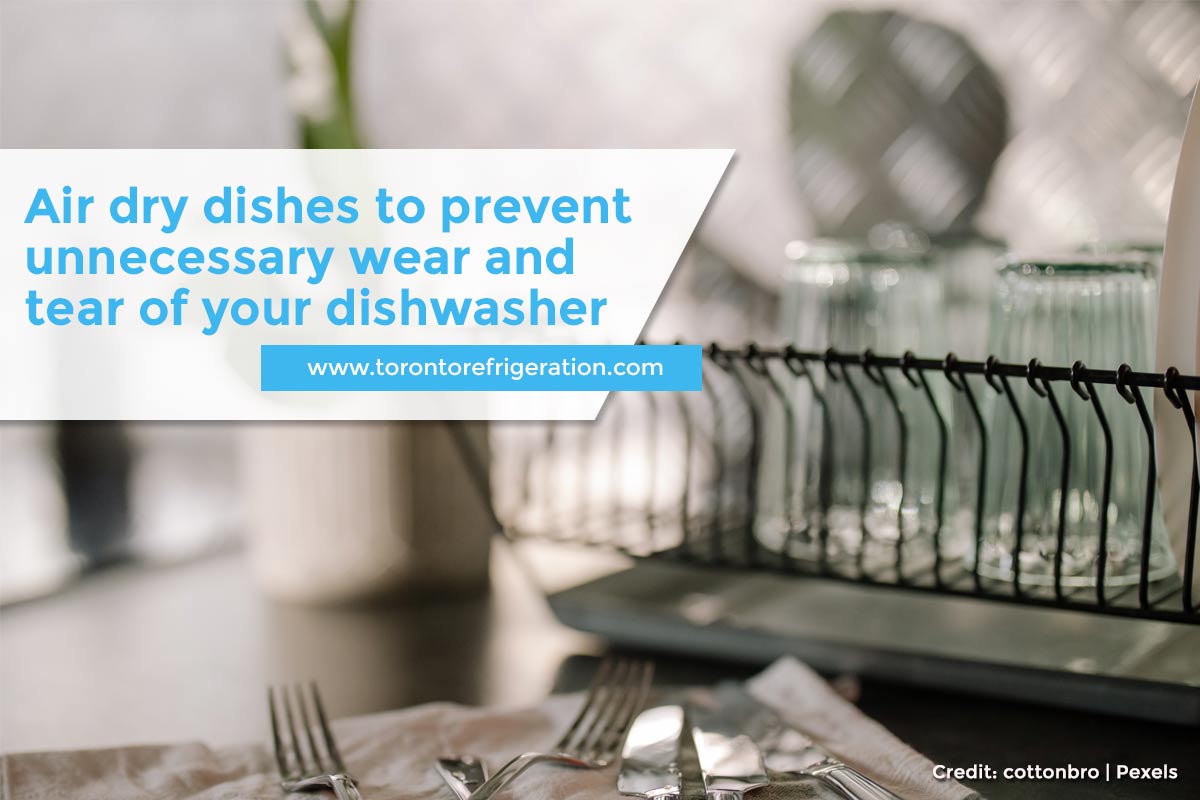Ways to Extend the Life of Your Dishwasher

According to manufacturers, the average life span of a dishwasher is approximately 10 years — but it’s not going to be 10 trouble-free years. In fact, even manufacturers expect dishwashers to develop problems or receive damage in the first 5 years of use. However, this is not because these appliances were made poorly, but because they are not being used or maintained properly.
Especially now that the pandemic has forced many to stay at home, people may be putting their dishwashers to work more than usual. At this time, kitchen appliances are more valuable. Additionally, it can be quite costly to purchase a new one and repair services may be scarce. Taking care of your dishwasher will allow you to prevent problems from occurring.
Extend the life of your dishwasher by following these 9 simple ways:
1.Read the Owner’s Manual
Don’t take the owner’s manual for granted. It contains the basic guidelines for maintaining your appliance. Some manuals go so far as to outline which detergents or rinse aids work better and in what amounts.
They also provide steps on how to clean the dishwasher. Every appliance is built differently, so it’s essential to refer to your owner’s instruction manual when cleaning or repairing your dishwasher.
2.Know What Kind of Water You Have at Home
Your water supply can be classified into hard water and soft water. Knowing the water hardness you have at home will help you choose and use the right cleaning agent or rinse aid.
Water is considered “hard” when salt traces, like magnesium chloride and calcium chloride, are found. Hard water is typically cloudy and leaves a residue on your dishes. Soaps may not work as well in it, forcing you to use more. Additionally, with hard water, mineral salts can build up on the surface of your dishwasher, causing rust and/or dishwasher failure.
If you receive a supply of hard water, you can invest in a water softener to remove problematic mineral traces.
3.Clean the Filters
If you find that your dishes are not coming out clean or that there is a dip in your dishwasher’s performance, it’s a sign that you might need to check your filters. Food debris has to go somewhere. These food bits, seeds, and small bones will find their way into the filter and into nooks and crannies. They can also slip into the pump, damaging the pump impeller and the motor seals. Clean the filter to keep these problems at bay.
Rinse the filter with running water and use soft sponges as steel brushes and wool can damage the filter. Likewise, it also pays to run the garbage disposal. Check also your dishwasher’s draining tube to make sure that water won’t pool back in.
4.Choose the Right Detergent
Once you’ve determined if your home receives hard water and don’t want a water softener, choose the right type of soap to suit it. The minerals found in hard water can combine with those in the soap and result in soap scum. This soap scum can cover the surfaces of your dishwasher, which can be difficult to remove if left for a long time. The scum can further combine with mildew and mould, resulting in discolouration and bad odour. It can even solidify and become as hard as concrete.
A specialist may recommend using a rinse aid to soften hard water, allow the soap to froth, and dry dishes faster.
5.Use Hot Water
The water temperature in your dishwasher can also make a difference. For optimal performance, the water entering the dishwasher should be between 120 and 140°F. This makes it easier to breakdown remaining food particles on dishes while shortening the dishwasher’s running cycle. If the water is cold, the unit will run longer until it reaches the optimal temperature.
6.Load the Dishwasher Correctly
Overloading and under-loading your dishwasher has corresponding effects on the appliance’s performance. Cramming dishes in one load can restrict the water flow as well as the cleaning process, requiring you to rewash them.
Similarly, under-loading the dishwasher does not save you water nor energy. Sure, a half load will use less water and energy than one full load. But, one full load will use way less water and energy than 2 half loads. When you are under-loading, you’re setting up your dishwasher to go through an unnecessary number of running cycles. The unit will wear faster the more it is used.
How you place your dishes into the appliance also matters. For best performance, do the following:
- Scrape off solid items from the plate before loading to avoid damaging the filter and pump.
- Cups and pots should face down, allowing water to spray into them.
- Dishes should be arranged with the dirtiest placed facing the centre of the machine.
7.Dishes Only
Load dishes into the dishwasher — and dishes only! Several videos exist online, suggesting using a dishwasher to clean up other items, like car parts and candle holders. Avoid doing so at all costs. The dishwasher and the detergent are not made to handle these types of objects.
It is important to remember that there are various items that should not be placed in a dishwasher; they will either cause damage or be damaged.
8.Inspect the Spray Nozzles
Check the spray nozzles for dirt and obstruction. If debris clogs the nozzles, try to carefully clean them with a toothpick or pipe cleaner to keep from deforming the holes. Be sure to do this every few months.
After loading the dishes, it is important to check if the nozzles can move freely and are not hindered by any dishes or pot handles.
9.Use a Drying Rack
Using a drying rack instead of depending on your dishwasher’s drying cycle can also help your appliance last longer. While the drying cycle is convenient, it can also cause unnecessary wear and tear to the unit.
If it is doable, simply turn off the drying cycle, take out the dishes after rinsing, and place them into a rack to dry. Not only does this keep your dishwasher in great shape, but it also lowers your energy consumption, saving you money.
A broken dishwasher — or any appliance, for that matter — can be quite a hassle, particularly during these current times. Following these tips are vital for your dishwasher to stay in good shape and without problems for years to come. If you have tried these tips and still experiencing issues, it may be time to call in specialists to check up on your appliances.
We, at Toronto Refrigeration, provide professional residential and commercial appliance and refrigerator repair services for over two decades already. We understand how important it is for your dishwashers to keep running. That is why we are proud to offer extensive dishwasher repair services in Toronto. We are also open for 24 hours a day, 7 days a week.
To book an appointment, call us today at (416) 918-2700, or you may also send us a message online.
